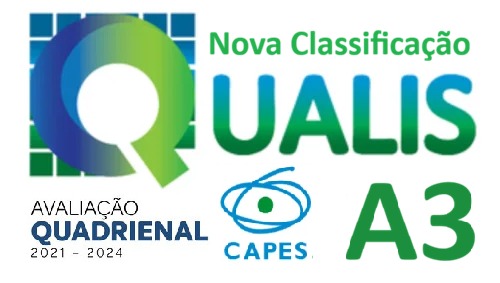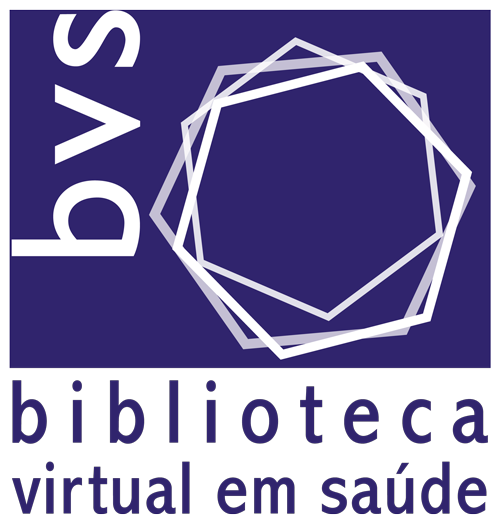New article published in 13(2A) - SENCIR 2025
Exploration of the interaction between antimicrobial peptides and gamma radiation for biosensor development.
Abstract: The continuous advancement of nuclear science, associated with biotechnology, has provided innovative interdisciplinary approaches to overcome challenges related to the detection of ionizing radiation. This study investigates the use of antimicrobial peptides (AMPs), present in the total extract of the bacterium Paenibacillus polymyxa RNC-D, as a potential sensitive element in the development of gamma radiation biosensors. The total extract (TE) containing the AMPs was irradiated in a Gamacell 220 irradiator with a Co-60 source at the Radiation Technology Center (CTR) of IPEN, subjected to doses of 0.5, 1.0, 4.0, and 10.0 Gy under controlled conditions. The evaluation of antimicrobial activity included tests against clinically relevant microorganisms, such as Escherichia coli, Staphylococcus aureus, Pseudomonas aeruginosa, Listeria monocytogenes and Candida albicans. The results revealed that the AMPs, particularly the peptide from Paenibacillus polymyxa RNC-D, denominated PpRNC-D, present in the fermentative extract, maintained antimicrobial activity after exposure to doses of 0.5 Gy and 1.0 Gy, especially against Gram-positive bacteria. However, a considerable loss of activity was observed at doses of 4.0 Gy and 10.0 Gy. These findings indicate that, although AMPs demonstrate changes in activity as a function of dose and could be explored for biosensing, their functional stability is limited at higher radiation doses. This work highlights the specific potential of these AMPs as a basis for portable and economical biosensors, applicable in environmental monitoring and radiological safety within certain dose ranges. Read full article.



























